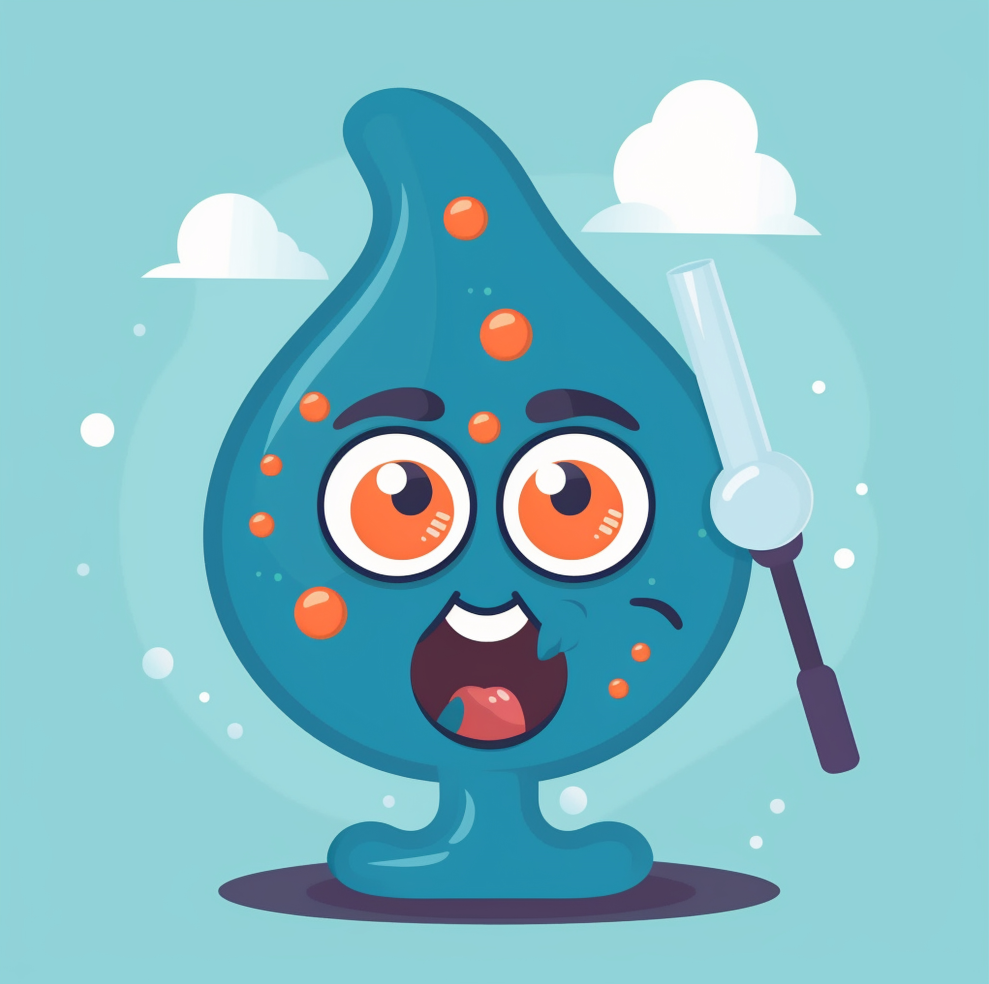Take-home points
- Hypopituitarism is where the pituitary gland fails to produce one or more hormones.
- The causes include problems within the brain, affecting hormone production, or damage to the pituitary gland itself.
- There are many disorders that fall under hypopituitarism, each with its unique symptoms.
- Treatment can come in the form of medications, normally in the form of hormone treatment, or surgery.
- If you are worried about any health symptoms, speak to your healthcare professional.
What is hypopituitarism?
Hypopituitarism is a condition that occurs when the pituitary gland, also known as the hypophysis, fails to produce one or more hormones. This gland is located at the base of the brain, near the hypothalamus.1 Hypopituitarism can cause a range of health issues, including: 1
- Fatigue.
- Erectile dysfunction.
- Low blood pressure.
- Decreased facial or body hair.
- Cardiovascular and respiratory disease.
What hormones does the pituitary gland make?
The pituitary gland produces essential hormones, such as: 1
- Growth hormone: Supports growth and development, especially during childhood.
- Thyroid-stimulating hormone: Regulates the production and release of hormones from the thyroid gland.
- Adrenocorticotropic hormone: Stimulates the adrenal glands to produce cortisol, a hormone that helps regulate stress and mood.
- Follicle-stimulating hormone: Plays a critical role in reproductive health.
- Luteinizing hormone: Stimulates the Leydig cells in the testes to produce and release testosterone.
What causes hypopituitarism?
Hypopituitarism can be caused by various factors, including: 1, 2
- Problems with the hypothalamus that affect the production of hormones that regulate the pituitary gland.
- Damage to the pituitary gland.
- Pituitary tumors.
Pituitary tumours are the most common cause of hypopituitarism, accounting for 61% of cases. These tumours can disrupt the balance of normal hormone production, resulting in an excess of one hormone and deficiencies in others. It's worth noting that most pituitary tumours are benign. 1
Symptoms of hypopituitarism
Hypopituitarism symptoms can be subtle and discrete, but they can also be severe and present rapidly. The symptoms are often specific to the imbalanced hormone, and patients may present with a related clinical disorder. 1, 2

Thyroid-stimulating hormone deficiency symptoms: 1, 2
- Irregular and/or rapid heartbeat.
- Muscle weakness.
- Changes in body composition, such as muscle mass and body weight.
Growth hormone deficiency in children symptoms: 1, 2
- Younger-looking facial and body features.
- Impaired hair and nail growth.
- Delayed tooth development.
- Impaired bone mineral density.
- Abnormal body composition.
Growth hormone deficiency in adults symptoms: 1, 2, 3
- Fatigue.
- Increased body fat.
- Decreased muscle tone.
- Anxiety and/or depression.
Adults with growth hormone deficiency often experience insulin resistance, decreased bone mineral density, and dyslipidaemia.3
Adrenocorticotropic hormone deficiency symptoms: 2
- Weight loss.
- Loss of appetite.
- Weakness.
- Nausea, vomiting.
- Low blood pressure.
Follicle-stimulating hormone (FSH) and luteinizing hormone deficiency symptoms: 2
- Low libido (low sex drive).
- Fatigue.
- Erectile dysfunction.
- Infertility.
- Decreased body and/or facial hair.
- In children and newborns, symptoms can include an abnormally small penis (micropenis), undescended testicles, and stunted growth.
Diagnosing hypopituitarism
To determine whether the cause is a hypopituitarism, various diagnostic tests are available, including: 2
- Hormone level blood tests: These tests measure the levels of specific hormones in your blood.
- Hormone stimulation test: This test involves taking a medication to force your pituitary gland to release hormones, and measuring the response.
- Insulin tolerance test: This medical diagnostic procedure involves injecting insulin into a patient's vein, then measuring blood glucose at regular intervals.
Your healthcare professional, which may be your endocrinologist, may decide whether other diagnostic tests are necessary.
Hypopituitarism treatment
The goal of treating hypopituitarism is to replace the deficient hormone. Common treatment options include: 1
Medications:
- Sex hormones: Synthetic replicates of the deficient sex hormone, such as testosterone, estrogen, and progesterone. 1, 2
- Corticosteroids: Hydrocortisone or prednisolone for the treatment of ACTH deficiency. 1, 2
- Levothyroxine (Levoxyl): A synthetic form of the thyroid hormone thyroxine, used to treat thyroid hormone deficiency. 1, 2
- Growth hormones: Typically given to patients with growth hormone deficiency. It works by promoting growth in children and alleviating some of the symptoms in adults 1, 2
Surgery
In cases where hypopituitarism is caused by a tumour, surgical removal of the tumour may be necessary, with or without radiation therapy. However, even after successful treatment of a pituitary tumour, replacement of deficient hormones is often required. In some cases, radiation treatment may be necessary. 1, 2
If in doubt, speak to a specialist
If you're experiencing symptoms of hypopituitary disorders or hypopituitarism, it's crucial to consult a doctor to receive the appropriate diagnostic tests and, if necessary, treatment. Don't hesitate to seek medical attention and take control of your health.
References:
- Gounden V, et al. Hypopituitarism.In: StatPearls, last update: 2022.
- Kim SY. Endocrinol Metab 2015;30(4):443-55.
- Brinkman JE, et al. Physiology, Growth Hormone.In: StatPearls, last update: 2023.
.png)




